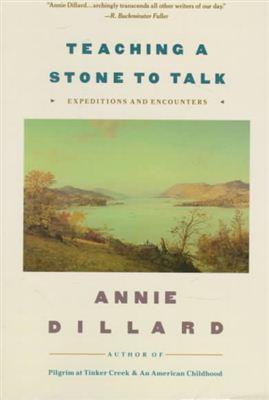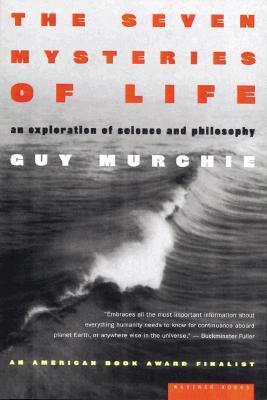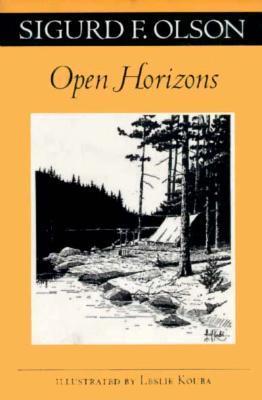
All the Strange Hours: The Excavation of a Life
Book Description
Time slips through the cracks of memory, revealing a tapestry woven with wonder and despair. Loren Eiseley digs deep into the human experience, exploring poignant moments that shape existence. Through haunting reflections and vivid imagery, he uncovers the strange hours where life and death entwine. Each page resonates with the thrill of discovery and the weight of loss, inviting you to confront the essence of what it means to be alive. As he navigates the labyrinth of his thoughts, a question lingers: What buried treasures of truth lie waiting beneath the surface of your own life?
Quick Book Summary
In "All the Strange Hours: The Excavation of a Life," Loren Eiseley offers a deeply contemplative memoir combining science, memory, and the human condition. Drawing from his background as an anthropologist, Eiseley uses evocative images and reflective prose to examine pivotal moments in his life—the joys, losses, and revelations that shaped his awareness of nature and mortality. He weaves personal narrative with philosophical inquiry, inviting readers to explore the mysteries of time, presence, and transformation. Through a series of memorable encounters and observations, Eiseley reveals life as a continuous journey of discovery and wonder. His writing encourages introspection, urging readers to consider the buried truths within their own lives and the strange hours that define our existence.
Summary of Key Ideas
Table of Contents
Memory and the Passage of Time
Loren Eiseley's memoir unfolds as an excavation of his own past, using memory as both a tool and a subject of inquiry. Eiseley presents his recollections not as linear facts, but as fragments shaped by the passage of time and the selective nature of the human mind. These meditations show how early losses, such as the death of loved ones and the experience of growing up amid hardship, leave imprints on the consciousness. Eiseley’s writing evokes both nostalgia and melancholy, as he explores the ways in which personal memory blurs and deepens with the years, revealing buried emotional truths.
The Intertwining of Science and Spirituality
Throughout the book, Eiseley bridges the realms of science and spirituality. Drawing on his background as an anthropologist and naturalist, he views the world with both scientific rigor and a sense of metaphysical wonder. He reflects on the mysteries that underpin natural phenomena and human existence, probing questions that go beyond empirical investigation. Each discovery—whether in the lab, the field, or the recesses of his own mind—sparks awe and humility. Eiseley suggests that curiosity and reverence can coexist, enriching both the pursuit of knowledge and the experience of being alive.
Encounters with Nature and Mortality
Nature itself is a constant companion in Eiseley’s reflections, intricately linked with mortality and the passage of life. Whether he observes a fossil in the earth or the changing seasons, Eiseley recognizes the cycles of birth, decay, and renewal that connect all living things. Encounters with death—of people, animals, or ancient species—remind him of life’s fragility and brevity. Yet, instead of despair, he often finds solace and connection in the continuity of nature. These moments foster a respect for earth’s history and a sense of kinship with all creatures.
The Search for Meaning in Ordinary Life
Eiseley finds profound meaning in ordinary experiences: a street corner, the memory of a childhood friend, an accidental discovery. He dwells on the small, strange hours that most overlook, arguing that life’s greatest insights often arise from unexpected moments. Through these vignettes, he urges readers to pay attention and find significance in their daily lives. His exploration of the overlooked and mundane invites a deeper appreciation for the present, reminding us that even the most fleeting moments are part of a larger human story.
Discovery through Loss and Reflection
As Eiseley moves through loss and reflection, he uncovers wisdom forged in hardship. Experiences of sorrow, loneliness, and uncertainty become catalysts for growth and understanding. Throughout his narrative, he emphasizes that both joy and despair fuel the process of self-discovery. Eiseley’s memoir ultimately becomes an invitation: to look beneath the surface of our own lives, excavate our histories, and discover the strange but beautiful truths waiting in the depths. Through his evocative prose, Eiseley affirms that meaning arises as much from adversity as from triumph.
Download This Summary
Get a free PDF of this summary instantly — no email required.





